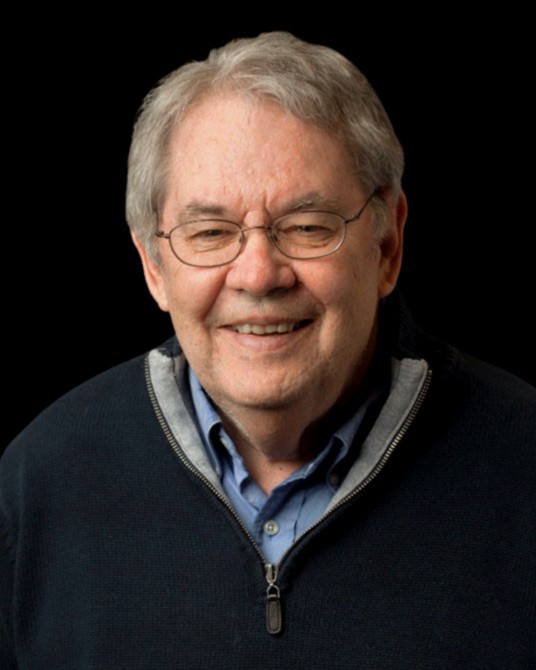Steve Shiffrin, expert in First Amendment law, dies at 82
By Chris Brouwer
Steve Shiffrin, the Charles Frank Reavis Sr. Professor of Law, Emeritus, a renowned legal scholar widely recognized for his contributions to the field of constitutional law, particularly the First Amendment, died May 29 in Ithaca. He was 82.
“Steve was a friend to so many on this campus, in Ithaca and across the world, where his writings and teachings on constitutional law enjoyed a wide and enthusiastic readership,” said Jens David Ohlin, the Allan R. Tessler Dean of Cornell Law School and professor of law. “He will be sorely missed by his family, his colleagues, his students, his pro bono clients, and by all who encountered his subtle thinking, his warmth and generosity, and his kind heart.”
Described as a “true intellectual” and a “genuinely original thinker” by colleagues and former students, Shiffrin’s approach to the First Amendment was characterized by his deep understanding of dissent and its crucial role in promoting justice and equality. He believed that dissenting speech should be given special prominence in any discussion of free-speech values, as it serves as a powerful tool to challenge existing injustices and oppressive systems.
In his books, including “Dissent, Injustice, and the Meanings of America” and “What's Wrong with the First Amendment?”, Shiffrin examined the complexities of free speech and critiqued the Supreme Court's approach to balancing freedom of speech with other values. He argued against the overprotection of certain types of speech, such as harmful commercial and hate speech, while emphasizing the need to safeguard the speech of dissenters and marginalized communities.
“Steve was a towering figure in First Amendment law, but he was so much more than that,” said Michael C. Dorf, the Robert S. Stevens Professor of Law. “He was a profoundly moral but never moralistic person.”
Even after Shiffrin retired, he continued to write influential books and articles, and trained himself to represent indigent clients in local courts, Dorf said.
Shiffrin’s career in law teaching spanned four decades. Before coming to Cornell in 1987, he was a professor at the University of California, Los Angeles School of Law, where he taught and wrote about First Amendment rights for 10 years.
Beyond his scholarly achievements, Shiffrin’s commitment to social justice extended to his advocacy work. He actively participated in public discourse through his blog, ReligiousLeftLaw, and represented indigent defendants in criminal court.
“Steve was as generous as he was brilliant,” said Beth Lyon, associate dean for experiential education and clinical program director, adding that he organized Cornell Law faculty to staff a legal outreach table at the Loaves and Fishes community kitchen every week for many years.
“To say he was tireless in his support for this work would be an understatement,” Lyon said. “Steve was recruiter, member, leader, cheerleader, administrator and counsel to the program well into the pandemic, and long after his health began to decline. No one could say no to such a kind and selfless colleague, and because of Steve’s efforts, the faculty provided hundreds (probably thousands) of hours of free legal services to Ithaca’s lowest-income residents over many years. Steve brought out the best in us.”
Shiffrin is survived by his wife Neesa, daughter Seana, and sons Jacob and Benjamin. A memorial service will be planned for this fall.
Chris Brouwer is editorial director for Cornell Law School.
Media Contact
Damien Sharp
Get Cornell news delivered right to your inbox.
Subscribe

